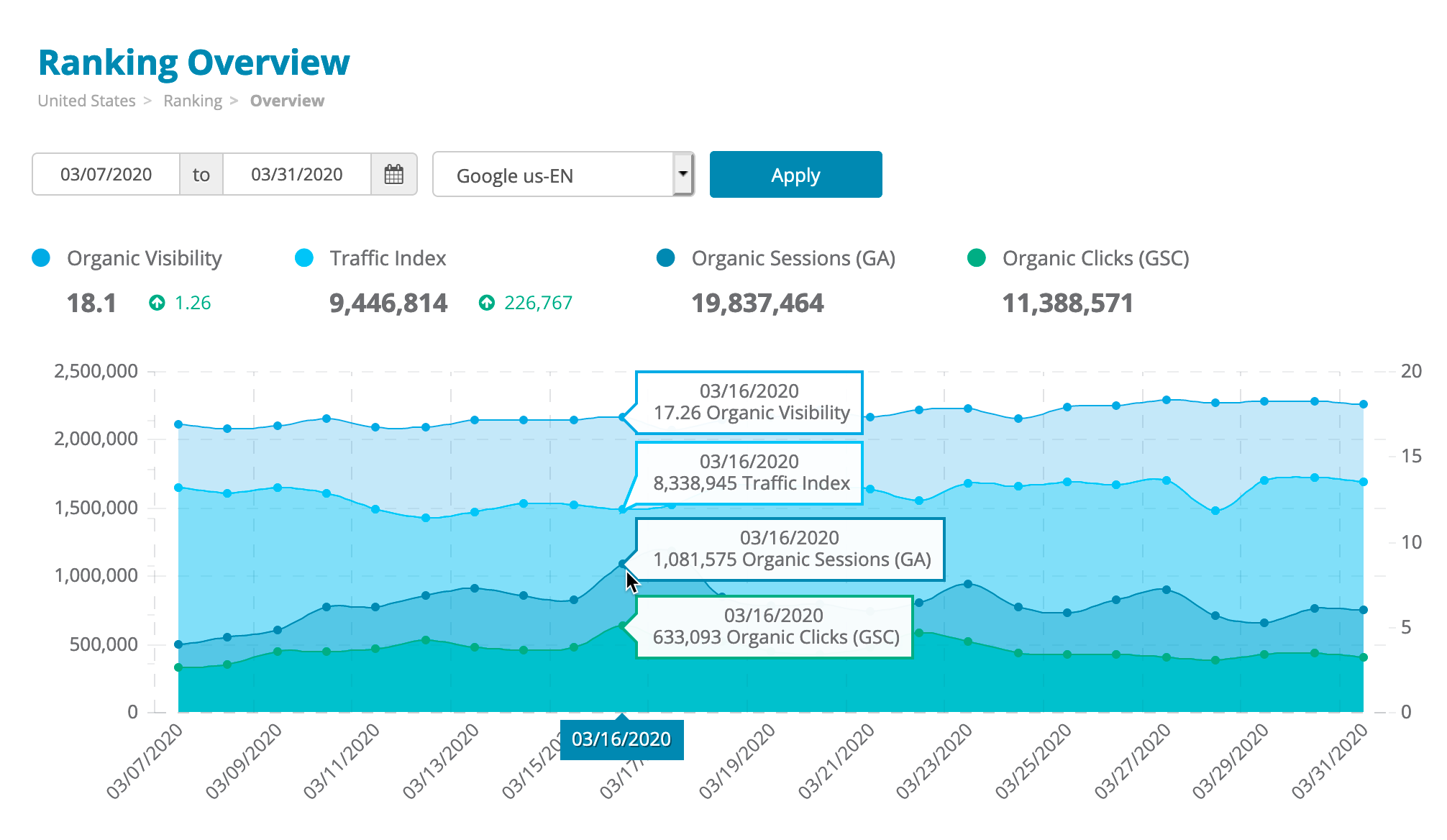Testing your website's ranking on Google is one of the most crucial steps to ensure your online presence thrives in a highly competitive digital landscape. As businesses increasingly rely on search engines for visibility, understanding how to test your rankings and optimize your website is vital for long-term success. This guide will walk you through everything you need to know about test ranking Google, including tools, techniques, and best practices to help you climb the search engine results pages (SERPs).
Search engine optimization (SEO) plays a pivotal role in determining your website's ranking on Google. By regularly testing your rankings, you can identify areas that require improvement and implement strategies to enhance your visibility. Whether you're a small business owner or a seasoned digital marketer, mastering the art of test ranking Google can significantly impact your website's traffic and conversions.
In this article, we will delve into the intricacies of test ranking Google, covering essential topics such as keyword research, on-page optimization, off-page strategies, and the importance of monitoring your rankings. Additionally, we'll explore tools and techniques that can help you stay ahead of the competition and achieve better search engine rankings.
Read also:Nick Mullen On Turning 30 A Journey Of Growth Reflection And Humor
Understanding Test Ranking Google
What is Test Ranking Google?
Test ranking Google refers to the process of evaluating your website's position on the search engine results pages (SERPs) for specific keywords or phrases. This involves analyzing how well your website performs compared to competitors and identifying opportunities for improvement. By regularly testing your rankings, you can ensure your website remains visible to your target audience.
Search engines like Google use complex algorithms to determine the relevance and authority of websites. These algorithms consider hundreds of factors, including content quality, backlinks, user experience, and mobile-friendliness. Testing your rankings allows you to assess how effectively your website aligns with these criteria.
Why is Test Ranking Google Important?
Testing your website's ranking on Google is essential for several reasons:
- Improved Visibility: Higher rankings lead to increased visibility, driving more organic traffic to your website.
- Competitive Advantage: Regular testing helps you stay ahead of competitors by identifying areas where you can improve.
- Data-Driven Decisions: By analyzing your rankings, you can make informed decisions about your SEO strategy.
- ROI Optimization: Testing ensures your SEO efforts yield the best return on investment (ROI) by focusing on high-impact areas.
Tools for Test Ranking Google
Google Search Console
Google Search Console is a free tool provided by Google that allows you to monitor your website's performance on the search engine. It offers valuable insights into your website's ranking, traffic, and click-through rates (CTR). By leveraging this tool, you can identify which keywords drive the most traffic and optimize your content accordingly.
Third-Party SEO Tools
Several third-party tools are available to help you test your rankings on Google. Some of the most popular options include:
- Semrush: A comprehensive SEO tool that provides detailed reports on keyword rankings, backlinks, and competitor analysis.
- Ahrefs: Known for its robust backlink analysis, Ahrefs also offers ranking tracking features to monitor your website's performance.
- Moz: Moz's ranking tool provides accurate data on your website's position for specific keywords and helps you track progress over time.
Keyword Research for Test Ranking Google
Identifying High-Value Keywords
Keyword research is the foundation of any successful SEO strategy. To effectively test your rankings on Google, you need to identify high-value keywords that align with your business goals. Start by analyzing your target audience's search behavior and creating a list of relevant keywords.
Read also:Addison Rae Personal Life An Indepth Look At The Tiktok Sensation
Tools like Google Keyword Planner, Ubersuggest, and Keyword Tool can help you discover high-traffic keywords with low competition. Focus on long-tail keywords that are more specific and easier to rank for, especially if you're a small or medium-sized business.
Keyword Variations and Intent
When conducting keyword research, it's important to consider variations and search intent. Users may use different phrasing or synonyms when searching for information. By targeting a variety of keyword variations, you increase your chances of capturing a wider audience.
Additionally, understanding search intent can help you tailor your content to meet user expectations. For example, informational queries require in-depth articles, while transactional queries may benefit from product pages or landing pages.
On-Page Optimization Techniques
Optimizing Content for Test Ranking Google
Content optimization is a critical component of test ranking Google. Start by ensuring your content is well-structured, easy to read, and optimized for your target keywords. Use headings (H1, H2, H3) to break up your content and improve readability. Incorporate multimedia elements like images, videos, and infographics to enhance user engagement.
Remember to avoid keyword stuffing and focus on delivering value to your audience. Google's algorithms prioritize high-quality, relevant content that addresses user needs.
Technical SEO Considerations
Technical SEO plays a significant role in test ranking Google. Ensure your website is optimized for speed, mobile-friendliness, and security. Implement schema markup to help search engines understand your content better. Additionally, optimize your website's structure by using a clear navigation menu and internal linking strategy.
Off-Page Strategies for Test Ranking Google
Building High-Quality Backlinks
Backlinks remain one of the most important ranking factors for Google. To improve your test ranking Google, focus on acquiring high-quality backlinks from authoritative websites in your niche. Guest blogging, partnerships, and content promotion are effective strategies for building backlinks.
Social Media and Brand Mentions
Although social media signals are not direct ranking factors, they can indirectly influence your test ranking Google by increasing brand awareness and driving referral traffic. Encourage users to share your content on social media platforms and monitor brand mentions across the web.
Monitoring and Analyzing Test Ranking Google
Setting Up Ranking Tracking
To effectively test your rankings on Google, you need to set up a ranking tracking system. This can be done using tools like Google Search Console, Semrush, or Ahrefs. Configure these tools to monitor your rankings for specific keywords and track changes over time.
Interpreting Ranking Data
Once you've collected ranking data, it's important to interpret it correctly. Look for trends, fluctuations, and patterns that may indicate areas for improvement. For example, a sudden drop in rankings could signal a technical issue or algorithm update. Use this information to refine your SEO strategy and address any potential problems.
Common Mistakes in Test Ranking Google
Keyword Stuffing
Keyword stuffing is a common mistake that can harm your test ranking Google. Overusing keywords in your content can lead to penalties from Google and negatively impact user experience. Instead, focus on natural keyword placement and prioritize content quality.
Ignoring Local SEO
For businesses targeting local audiences, ignoring local SEO can be a costly mistake. Optimize your website for local search by claiming your Google My Business listing, incorporating location-based keywords, and building local backlinks.
Case Studies: Successful Test Ranking Google Strategies
Example 1: Small Business Growth
A local bakery implemented a test ranking Google strategy by focusing on long-tail keywords and local SEO. By optimizing their website for phrases like "best bakery near me" and "fresh pastries delivery," they increased their organic traffic by 40% within six months.
Example 2: E-commerce Website
An online retailer improved their test ranking Google by building high-quality backlinks and optimizing product pages for conversion. Their efforts resulted in a 25% increase in sales and a higher position on the SERPs for key product-related keywords.
Future Trends in Test Ranking Google
Artificial Intelligence and Machine Learning
As technology advances, artificial intelligence (AI) and machine learning (ML) are becoming increasingly important in test ranking Google. These technologies enable search engines to better understand user intent and deliver more relevant results. Stay updated on the latest trends to ensure your SEO strategy remains effective.
Core Web Vitals
Core Web Vitals are a set of metrics introduced by Google to measure website performance. They include factors like loading speed, interactivity, and visual stability. Optimizing for Core Web Vitals can significantly improve your test ranking Google and enhance user experience.
Conclusion
In conclusion, test ranking Google is a critical aspect of any successful SEO strategy. By understanding the tools, techniques, and best practices outlined in this guide, you can improve your website's visibility and drive more organic traffic. Remember to regularly monitor your rankings, analyze data, and adjust your strategy as needed.
We encourage you to take action by implementing the tips and strategies discussed in this article. Share your thoughts in the comments section below and explore other articles on our website for more insights into digital marketing and SEO. Together, let's elevate your online presence and achieve better search engine rankings!
Table of Contents
- Understanding Test Ranking Google
- Tools for Test Ranking Google
- Keyword Research for Test Ranking Google
- On-Page Optimization Techniques
- Off-Page Strategies for Test Ranking Google
- Monitoring and Analyzing Test Ranking Google
- Common Mistakes in Test Ranking Google
- Case Studies: Successful Test Ranking Google Strategies
- Future Trends in Test Ranking Google
- Conclusion

